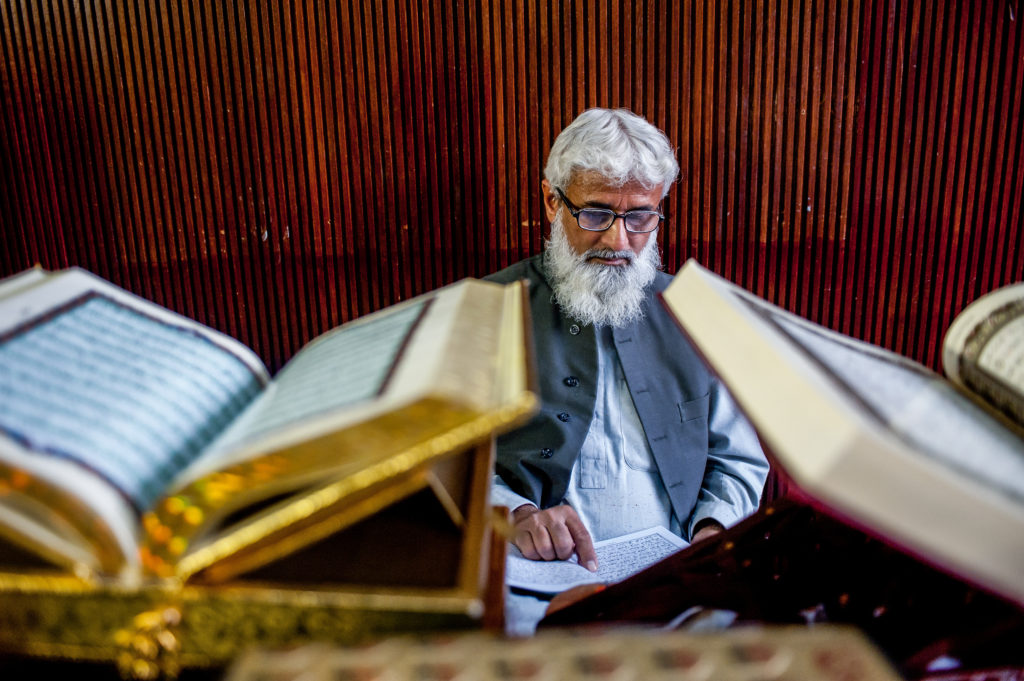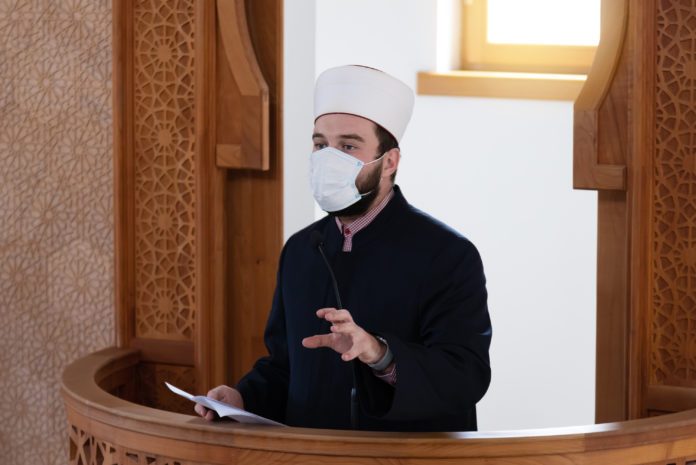Seven of the world’s leading scholars and imams councils and boards have developed a historic charter for Western imams and scholars to promote intra-Muslim harmony.
The British Board of Scholars & Imams (BBSI), the Australian National Imams Council (ANIC), the European Council of Imams, the Canadian Council of Imams (CCI), the North American Imams Federation (NAIF), the United Ulama Council of South Africa, and the Ulama Council of New Zealand have come together to collaborate on the project.
Among other things, the charter pledges that scholars from different schools of thought will refrain from attacking each other, agree to disagree on certain issues, and states that they believe non-specialists should avoid getting involved in intra-Muslim polemics.
The imams and scholars have pledged the following:
- We will conduct ourselves with integrity, humility and decency, focussing on common interests that will unite and add value to our communities and the broader Ummah.
- Whilst we affirm the value of legitimate intellectual and academic discussion and debate in the public arena, we will avoid divisive polemical discussions and interactions. We will not unthinkingly repeat, respective to their country’s sectarian clichés, matters which fall within the scope of intellectual effort (ijtihad) and speculation (dhann). This will mean no engagement in public and hostile refutations that undermine the cohesiveness of our community and the public image of Islam and may provide ammunition to clear agendas to harm Islam and divide the Muslim community.
- We will foster and promote respect for all scholars and Muslim affiliated groups, parties, cooperations, institutions and organisations, and will seek to resolve any differences with colleagues through an agreed standard procedure that will include direct communication, seeking clarification and understanding whilst upholding high standards of Islamic etiquette (adab) and values at all times.
- We will avoid unilateral condemnation or personal attacks of scholars, teachers and others, whose positions are premised on the broad Muslim scholastic heritage, whether on social media or other communication platforms. We will not employ any platform to level charges of unbelief (takfir) against other Muslims.
- We agree to promote the unity of purpose (not uniformity of practice or thought) among imams, scholars, students of knowledge and preachers (du’at) and will endeavour to facilitate intra-Muslim dialogue (however honest or robust) to reduce perceived methodological and theological differences.

- We will model and seek to educate our community about the etiquette of disagreement and debate relating to secondary (furu’) matters and the need to respect the Muslim community’s and nation’s diverse nature.
- We seek to offer sincere and constructive feedback to each other in an atmosphere of mutual respect, love, compassion and concern, avoiding aggressive challenges that question the sincerity of others simply as a result of their affiliation to a particular group, party, institution, cooperation or school of thought.
- We aim to create a culture that facilitates a “safe space” for scholars to put forward research and views that address the complex and unprecedented issues the Muslim community and nation faces in the West without fear of personal attacks and labels of takfir (unbelief).
- We will seek to remind each other, and where necessary, address in an appropriate manner, of the behaviour and conduct that falls short of the expectations of brotherhood and sisterhood, mutual support, love, compassion and proper etiquette (adab).
- We believe that non-specialists, especially the youth, should not be embroiled in intra-Muslim polemics in the public domain as this weakens the social fabric of Muslim communities. We will seek to actively discourage this by emphasising religious (legal andtheological) consensus (mujma’ alayhi) and not divergence (khilaf).
- We will facilitate discussion on public and religious welfare issues, especially those affecting the Muslim community globally. Where possible, we will take an active part in initiatives that seek to foster better understanding and well-being of Muslims and the wider society.
- We will encourage Muslims living in the west in all countries and nations to be positive contributors towards the security, future prosperity and development of their country.
- We acknowledge as Muslims living in the west that we are part of the global Muslim nation and Ummah and share the common concerns of the Muslims locally and internationally.
- Whilst we acknowledge any community may self identify as Muslims and we recognise their entitlement to religious protection free of discrimination, we affirm the definition of Islam as transmitted in the Muslim Tradition, which includes belief in the finality of Prophethood with Muhammad (pbuh) and honour of his family (ahlul bait) and all his companions (sahaba).
You can read the charter here.
Add your comments below
Subscribe to our newsletter and stay updated on the latest news and updates from around the Muslim world!


















